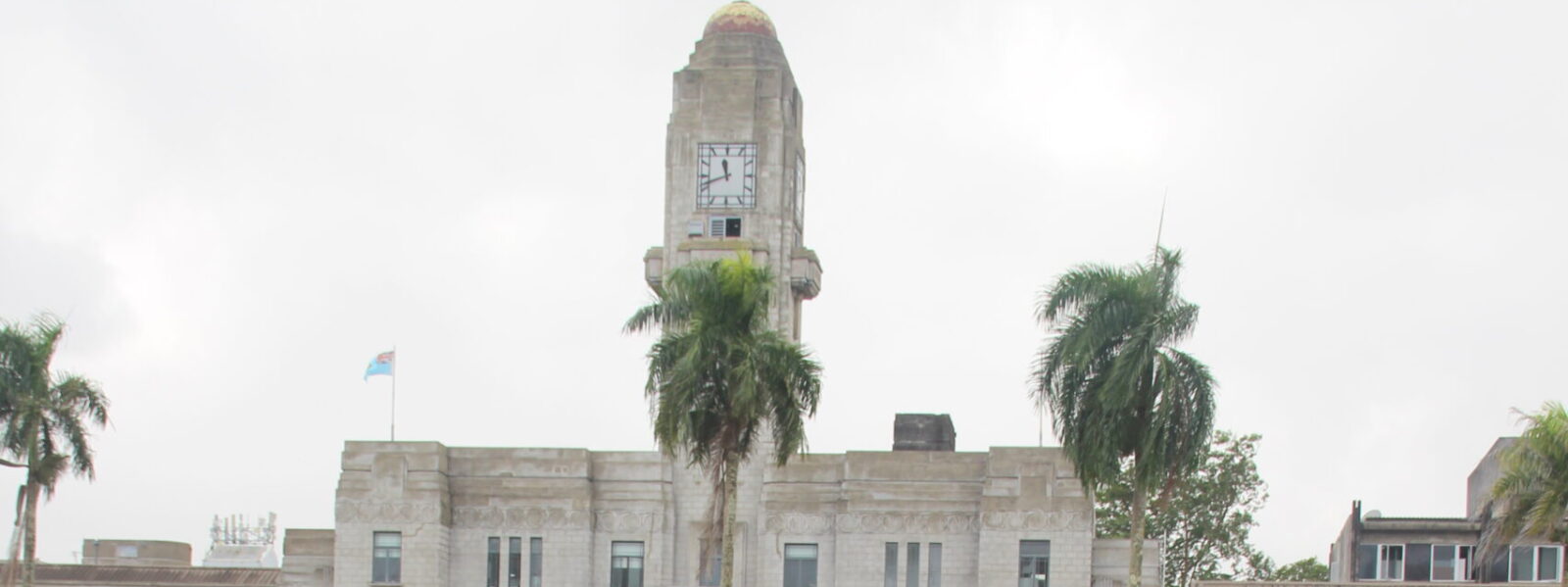Board of Legal Education
Legal education in Fiji is a structured process designed to equip individuals with the necessary academic qualifications and practical skills to become admitted as legal practitioners. Several key “boards” or entities play a vital role in regulating, accrediting, and delivering this education.
1. The Board of Legal Education (BLE): The Gatekeeper
- Primary Role: The Board of Legal Education, established under the Legal Practitioners Act 2009 (and subsequent amendments like the 2020 Amendment Bill), is the central regulatory body for legal education and admission to the legal profession in Fiji.
- Accreditation: The BLE is responsible for accrediting law degrees offered by universities to ensure they meet the academic requirements for admission as a legal practitioner. For example, the Bachelor of Laws (LLB) degrees from the University of the South Pacific (USP) and the University of Fiji are accredited by the BLE.
- Composition: The composition of the Board has evolved, but it typically includes key legal figures such as the Chief Justice, the Solicitor-General, the Chief Registrar, and other appointed members (who may include deans of law schools).
- Admission Requirements: The BLE sets and oversees the academic and practical training requirements for admission to the bar in Fiji.
2. Academic Institutions (Universities): The Educators
- University of the South Pacific (USP):
- Leading Role: USP’s School of Law (based primarily at its Emalus Campus in Vanuatu and with a presence at the Laucala Campus in Suva, Fiji) has historically been a major provider of legal education in the Pacific region, including Fiji.
- Programs: Offers the Bachelor of Laws (LLB) degree, which focuses on the legal systems of USP’s 12 member countries, including Fiji. They also offer postgraduate programs like the Master of Laws and the Professional Diploma in Legal Practice (PDLP).
- Accreditation: The LLB degree from USP is accredited by the Fiji Board of Legal Education, satisfying the academic requirements for admission to practice in Fiji and other regional jurisdictions by convention.
- University of Fiji:
- Local Provider: The Justice Devendra Pathik School of Law at the University of Fiji provides legal education, including a Bachelor of Laws (LLB) program.
- Practical Focus: They also offer a Graduate Diploma in Legal Practice (GDLP), introduced in 2012 and approved by the BLE. This program is designed to provide the necessary practical training requirements for admission to the practice of law in the Fiji High Court, covering areas like ethical responsibility, graduate skills, trust accounting, and practical legal areas.
- Fiji National University (FNU):
- FNU also offers a Bachelor of Laws (LLB) program, contributing to the pool of legal graduates in Fiji.
3. Practical Legal Training (PLT) Providers:
- Mandatory Requirement: In addition to an accredited LLB degree, aspiring lawyers in Fiji must complete a practical legal training course.
- Key Programs: The Professional Diploma in Legal Practice (PDLP) offered by USP or the Graduate Diploma in Legal Practice (GDLP) offered by the University of Fiji are the recognized programs that satisfy this practical training requirement under the Legal Practitioners Act 2009. These programs are competency-based and aim to equip graduates with essential skills for entry-level legal practice, such as advocacy, mooting, and practical legal scenarios.
4. The Fiji Law Society (FLS): Professional Standards & Continuing Education
- Professional Association: While the Fiji Law Society (FLS) was historically involved in the regulation of the legal profession, its direct regulatory responsibilities were significantly altered by the Legal Practitioners Act 2009, with the Independent Legal Services Commission (ILSC) taking over many of those functions.
- Advocacy & Standards: Despite changes in its formal regulatory role, the FLS remains the peak professional association for lawyers in Fiji. It plays a crucial role in:
- Advocating for the legal profession and the rule of law.
- Maintaining and improving the standards of conduct for lawyers.
- Continuing Legal Education (CLE): The FLS provides Continuing Legal Education programs throughout the year. These programs are essential for lawyers to meet the requirements for their annual Practicing Certificates and to stay updated on legal developments, ethical obligations, and best practices.
5. The Independent Legal Services Commission (ILSC): Discipline and Oversight
- Regulatory Body: Under the current framework (Legal Practitioners Act 2009), the ILSC, headed by a High Court Judge appointed as Commissioner, is responsible for adjudicating complaints against lawyers, investigating misconduct, and handling disciplinary matters. This body, along with the Legal Practitioners Unit (LPU), plays a significant role in ensuring the integrity and ethical conduct of the legal profession. While not directly involved in education delivery, its oversight role strongly influences the standards and responsibilities that legal education must instill.
In summary, legal education in Fiji is overseen by the Board of Legal Education, which accredits degrees from universities like USP and the University of Fiji. Graduates must then undertake practical legal training through programs like the GDLP or PDLP. The Fiji Law Society provides crucial ongoing professional development through CLE, while the Independent Legal Services Commission ensures ethical standards and discipline within the practicing profession.

